Earlier today at a round-table interview, I caught up with TCM’s Robert Osborne, a veteran film historian and author, as the Classic Film Festival was setting up at the Roosevelt Hotel in Hollywood. Osborne said one of the festival’s strengths is its great mix in terms of programming, which sets it apart from today’s moviegoing where “you have a choice of the same movie 15 different ways.”
I’ve always wanted to talk noir with him, so I asked him why these films have such enduring appeal. “We’ve always had murder mysteries and who doesn’t love that? They have an endless appeal. It’s the shadows and lights and tough people like Robert Mitchum, Robert Ryan and Ida Lupino.
“To call ‘Leave Her to Heaven’ [a 1945 movie that played at last year’s fest and stars Gene Tierney] a noir is stretching it – ‘Leave Her to Heaven’ is a lush Technicolor movie about rich people.
“My idea of film noir is people in the gutter – tough dames and guys in trench coats up to no good. And nobody did it better than Hollywood in the ’40s.”
As for his favorite femmes fatales, he names Veronica Lake, Lauren Bacall (in the Bogart films), Marie Windsor and Jane Greer, describing them “as very feminine women that were also dames who could give it as well as they took it.”
And what did he think of remakes such as HBO’s version of “Mildred Pierce” by director Todd Haynes, starring Kate Winslet? Osborne praised Winslet’s performance but said he was disappointed. “They told the whole story too closely; it was too long and drawn out and too ponderous. In the original [Michael Curtiz‘s 1945 movie starring Joan Crawford], writer Ranald MacDougall’s addition of the murder really made the whole thing crackle. [The remake] should’ve been three hours at the most. I’m not fond of remakes generally.”
What is he most looking forward to in this year’s fest? “Night Flight” by Clarence Brown, “The Constant Nymph” by Edmund Goulding, opening night’s “An American in Paris” by Vincent Minnelli, Leslie Caron’s special appearance, and meeting Peter O’Toole.
I also asked Osborne, who got his star on the Hollywood Walk of Fame in 2006, if he had any advice for O’Toole who will be honored at a hand and footprint ceremony at Grauman’s Chinese Theatre this Saturday. “Behave!”
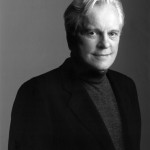







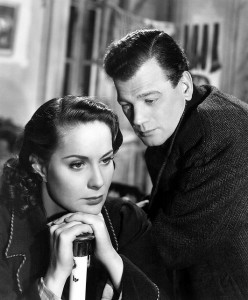
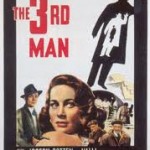
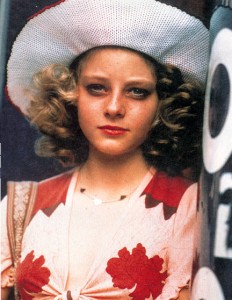
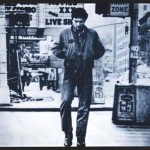
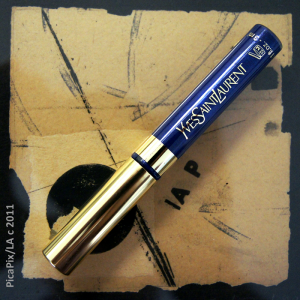


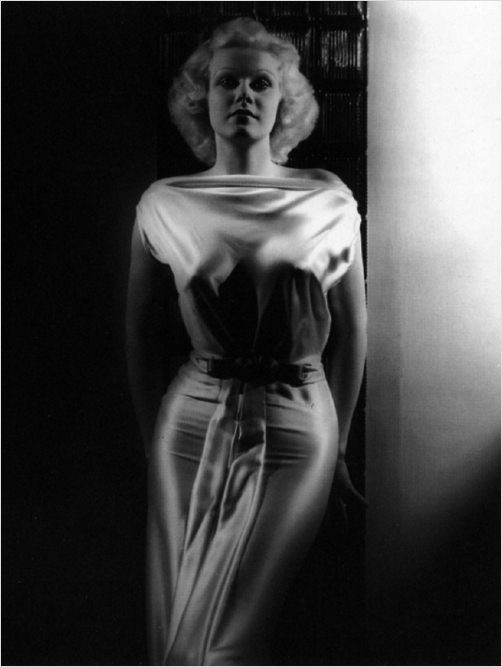
![the-long-falling[1]](http://www.filmnoirblonde.com/wp-content/uploads/2011/04/the-long-falling1.jpg)


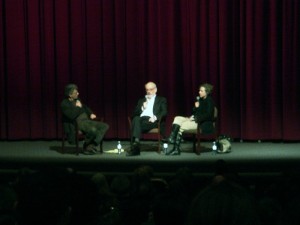







From FNB readers